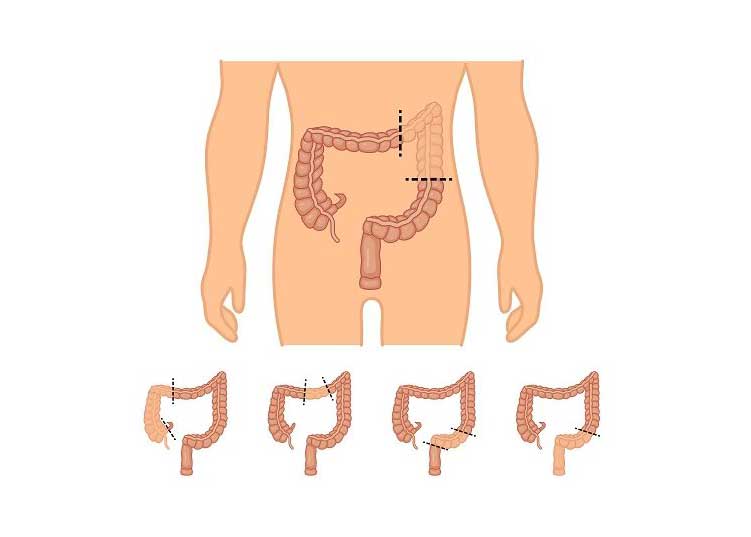Many different conditions in your small intestine and colon (large intestine) may need surgery. Examples of common problems that often need surgical repair include:

The first line of treatment for conditions such as diverticulitis, Crohn’s disease, and ulcerative colitis includes nonsurgical options such as medications and dietary changes. The other conditions on the list typically need surgery to repair the problem.
Dr. Monraz has extensive experience performing many surgical techniques. For example, you may need a small bowel resection (to remove part of the small intestine), a appendectomy (to remove the appendix), or a colectomy (to remove part or all of the colon).
When a small segment of the colon is removed, he can connect the ends to maintain food transit. In other cases, you need a colostomy, ileostomy, or J-pouch procedure to create a way for waste to leave your body

Dr. Monraz is an expert in minimally invasive procedures and recommends this type of surgery whenever possible. However, some procedures may require open surgery, depending on the underlying condition, your general health, and whether it’s an emergency.
When performing minimally invasive surgery, Dr. Monraz makes a few small incisions. Then she does the procedure using a laparoscope containing a camera and narrow surgical instruments that fit through the tiny openings.
Minimally invasive surgery causes less trauma compared with open surgery. As a result, you have less bleeding, less pain, minimal scarring, and your recovery is quicker.
Monraz Surgery 2024 © All Rights Reserved.